 |
 |
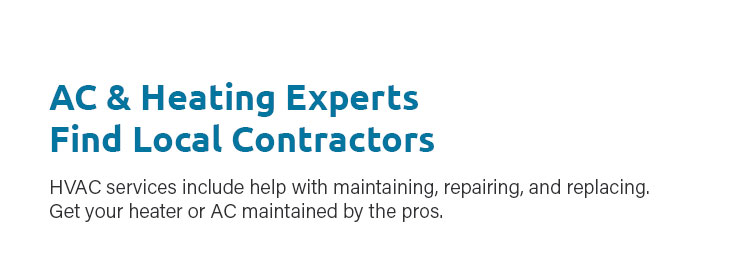 |
 |
 |
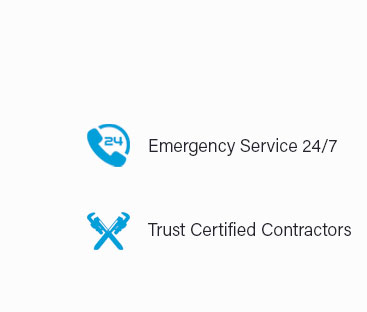 |
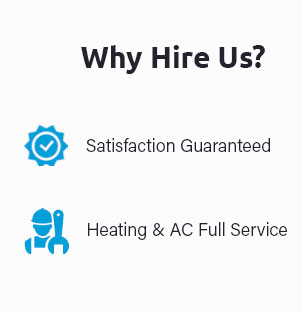 |
 |
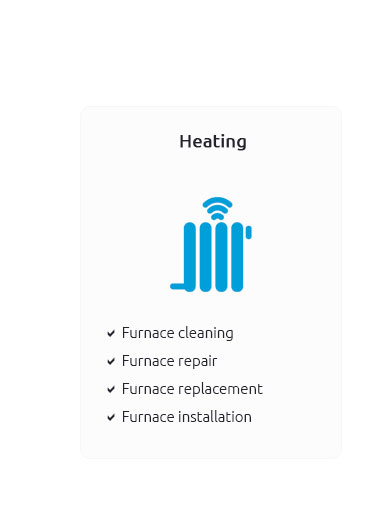 |
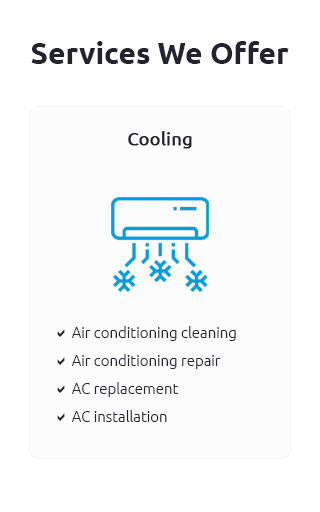 |
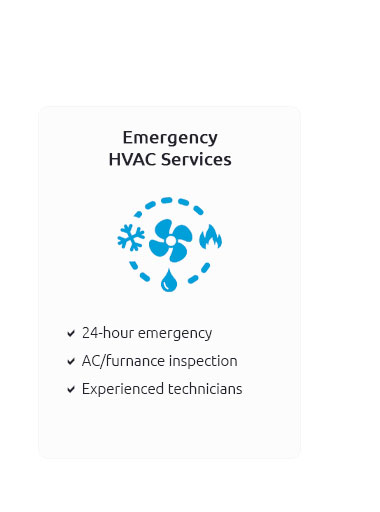 |
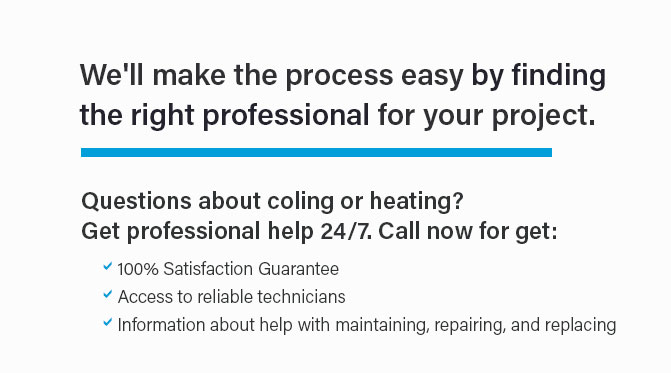 |
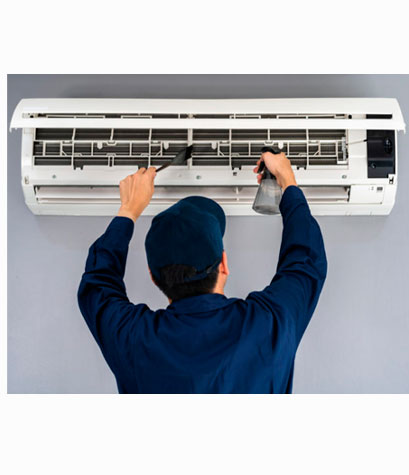 |
 |
 |
 |
|
When your home's comfort is at stake, trust the HVAC services that stand head and shoulders above the rest-our seasoned AC and heating experts are here to ensure your living space remains a haven of perfect temperatures, whether you need swift home furnace repair or a full system upgrade; find local contractors who deliver unparalleled precision and reliability, so you can experience peace of mind knowing that every service call is backed by expertise and a passion for excellence that transforms your home into the ultimate sanctuary.
https://local-ac.com/orlando/furnace-repair-service-in-orlando-fl/
We never charge an extra fee for weekend calls or emergency calls. We are here for you when you need us! Your home HVAC system provides you and your family with ... https://ferran-services.com/heating-repair/
Handle your furnace and heat pump repairs early! For the safety of your home and family, don't ignore warning signs. Concerns over combustion byproducts, such ... https://precisionairhome.com/gas-furnace-repair-replacement/
Our team of skilled technicians is dedicated to ensuring your home stays warm and comfortable throughout the colder months. At Precision Air Solutions, we ...
|